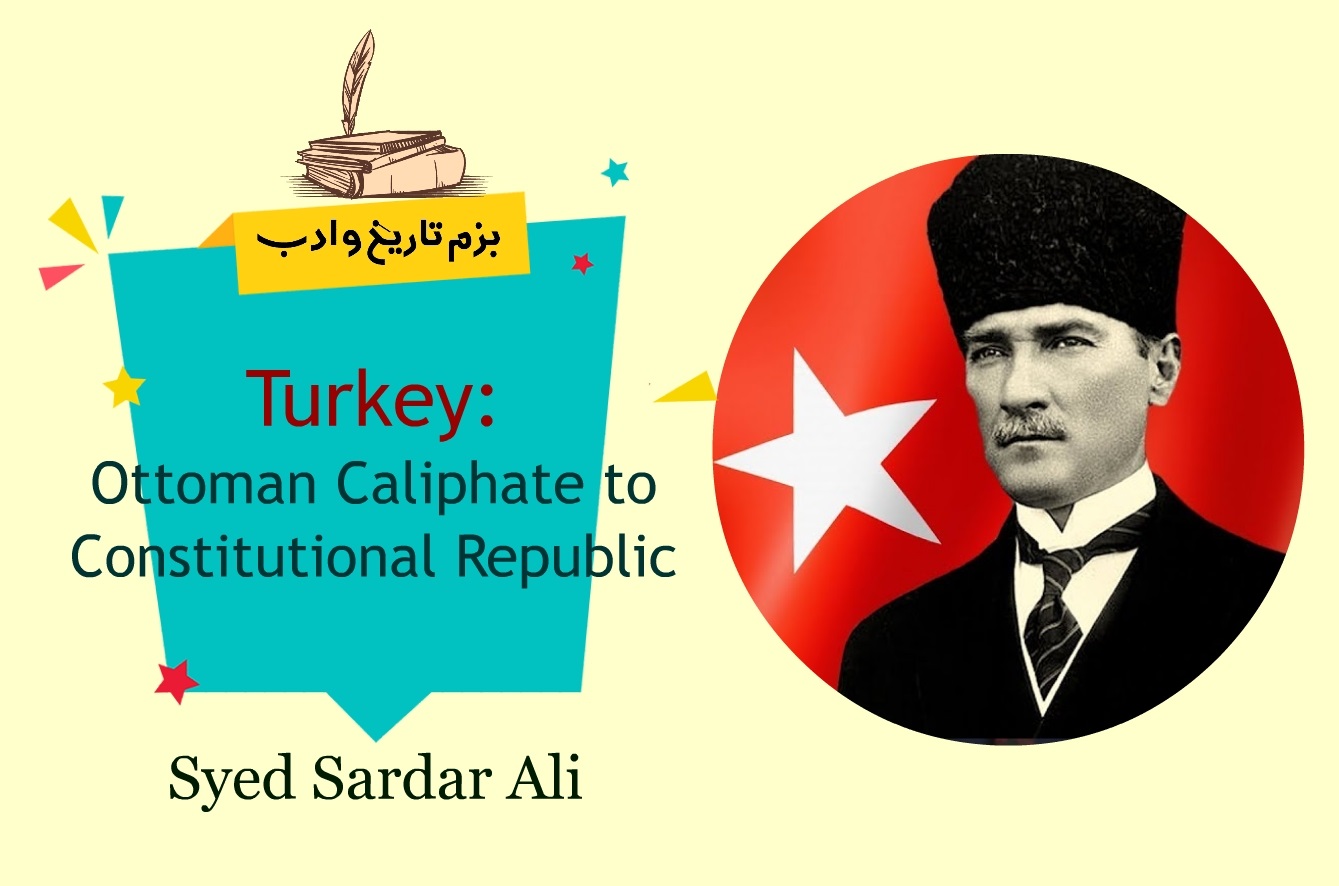
Turkey: Ottoman Caliphate to Constitutional Republic
For four centuries Ottoman Empire dominated Christian Europe. After succumbing to the power of modern Europe, Ottoman sultans tried military, administrative, and political reforms. Nothing worked and the empire capitulated in WWI. Kemal Atatürk successfully led the war of independence and established the Republic of Turkey. Using Atatürk’s six principles, his party spearheaded top-down modernization and secularization of Turkish society. The era of multi-party democracy following WWII resulted in political and economic instability. In recent decades, Turkey has witnessed the resurgence of Islamic sentiments. Despite centuries of reforms, Turks remain split between liberal Western ideals and their Islamic-Ottoman heritage.
About the speaker
Academic Qualifications
Master in Public Administration – Harvard (1996-98)
Master in International Relations – Japan (1989-91)
BS Mech. Engineering – UT Austin (1983-86)
Work Experience
Financial and Private Sector – World Bank, Washington, DC
International Dept. – Industrial Bank of Japan, Tokyo
Middle East Business Dept. – Sony Corp., Tokyo
Engineering Dept. – ICI Pakistan, Ltd.
Syed Sardar Ali did his F.Sc. from Govt. College Lahore and Bachelor of Science in Mechanical Engineering from the University of Texas at Austin. He earned his first master’s degree in International Relations from Japan and worked for Sony Corporation and the Industrial Bank of Japan in Tokyo. He later earned Master in Public Administration (MPA) from Harvard where he was a student of Prof. Samuel Huntington. Upon graduation he joined the World Bank in Washington, DC and worked in the Financial and Private Sector Unit in the Europe and Central Asia region until 2002. Sardar Ali, who runs a number of businesses in Islamabad and Lahore, is the Chairperson of Crescent Foundation. He has one daughter and three sons.